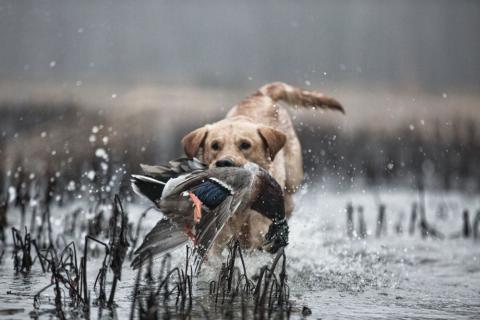with Captain Sonny Schindler

If you look at the Upper Gulf Coast, you’ll see that some of the largest cities and best fishing often can be on the line between two states. That’s what we face here on the Mississippi Gulf Coast. Although Shore Thing Charters are based out of Mississippi, we often fish in the Louisiana marsh which is only a short boat ride from Bayou Caddy or from Cat Island, two ports where we fish our customers. So, we fish both states.
One of the questions I'm often asked is, “When you're fishing in two different states and possibly on the same day, do your customers have to buy two, different saltwater fishing licenses, and how many fish can they keep if you're fishing in two different states’ jurisdiction?”
In the State of Mississippi, the state sells a charter-boat license. When the people step on the boat to fish in Mississippi waters because the boat has a charter-boat license, each angler doesn’t have to buy a Mississippi saltwater fishing license. But, if we’re going to fish in Louisiana, each angler has to purchase a charter-passenger license from the State of Louisiana, and those licenses cost about $10 per person. So, when you’re fishing in two different states, you must have a license for each state, and your catch has to conform to the regulations of the state where you are fishing.
So, if we’re fishing in Louisiana where you can keep a 12-inch speckled trout, you can't stop and fish in Mississippi and fish with that 12-inch trout in the boat. If you’re fishing in Louisiana where you can keep four redfish, you can't stop and fish in Mississippi on the way back from Louisiana.
Most charter boat captains who fish inshore aren’t going to let any anglers get in trouble for not having the right licenses or the correct sizes and numbers of fish for the state where they’re fishing. Up and down the Upper Gulf Coast, there are various limits on how many fish of what size you can catch and keep. So, any time you’re fishing on the border between two Upper Gulf Coast states, you or your captain has to know what type of license you need, how many species of each fish you can catch and keep, and what the rules are in both states. If you’re fishing with a charter boat, the captain should make you aware of the rules and regulations. However, someone may get in trouble if they’re fishing out of a private boat and cross the line from the state where they’ve launched their boat to fish a neighboring state’s waters.
Licenses, size limits, and bag limits are most often not a real problem. But, make sure you know before you go exactly where you’ll be fishing, and what the rules and regulations are in each state on both sides of the state line. Also, be certain you have a quality mapping system. Use your GPS, your depth finder, a hand-held unit or a GPS in your phone that will work with or without cell phone service.



























